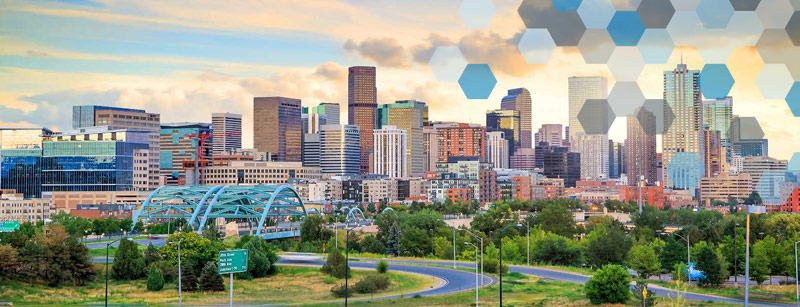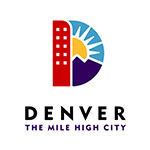City of Denver: Department of Public Works
Customer Spotlight
City of Denver Department of Public Works drives smart fleets with Zonar
The city of Denver is a finalist to become the nation’s first “smart city” according to the U.S. Department of Transportation. Part of becoming a smart city is implementing connected vehicles into a city’s transportation network. For the City of Denver’s Department of Public Works Fleet Management Division, as part of this connected fleet implementation, the goal is to provide the highest quality service at a reasonable cost while ensuring safety and reliability. The department is responsible for the maintenance, repair, specification, rental, and retirement of more than 1,900 vehicles and pieces of equipment. As part of this goal, Public Works Fleet Management is continually pursuing new opportunities to “green the fleet.”
To help the city achieve these objectives, which are in line with the smart city initiatives, the Department of Public Works Fleet Management Division identified three areas for enhancement. First, they wanted connected vehicles in their fleet enabled with a solution that had GPS and verified inspection reporting. Second, the department wanted to help the fleet reduce vehicle idle times, contributing to a “greener” fleet and reducing the city’s environmental footprint. Third, the department wanted to improve its efficiency and accuracy by transitioning its fleet from paper and two way radio transmissions for communication and reporting to a modernized telematics platform. The city’s existing use of paper reporting for pre- and post-trip inspections made verifying and documenting these reports nearly impossible. Subsequent vehicle uptime and maintenance issues were an ongoing concern because the operational needs of the fleet were not always met. In one instance, a vehicle’s $30K engine became irreparable because it did not have any oil in it.
Additionally, for data-specific information, the chatter on a two-way radio made it difficult to articulate and record information clearly. This communication process was a particular issue with the snow plow fleet, which relays information back to supervisors regarding what roads had been plowed.
In 2014, the City of Denver deployed its telematics solution from Zonar. This began with the implementation of Zonar’s V3 for GPS location paired with the Zonar 2020 or 2010, both enabled with Electronic Vehicle Inspection Reports (EVIR®). Most recently, the 2020s have been loaded with ZForms, which is a form-based messaging application. The Zonar solution provides real-time updates on vehicle location and verified inspection reports, and it has the ability to transmit forms-based data.
Zonar provides electronic fleet inspection, tracking and operations solutions for public and private fleets. Our products are effective, driven by customer satisfaction and affordable by design. We’ve made it our business to do right by our customers. You will notice the difference.






